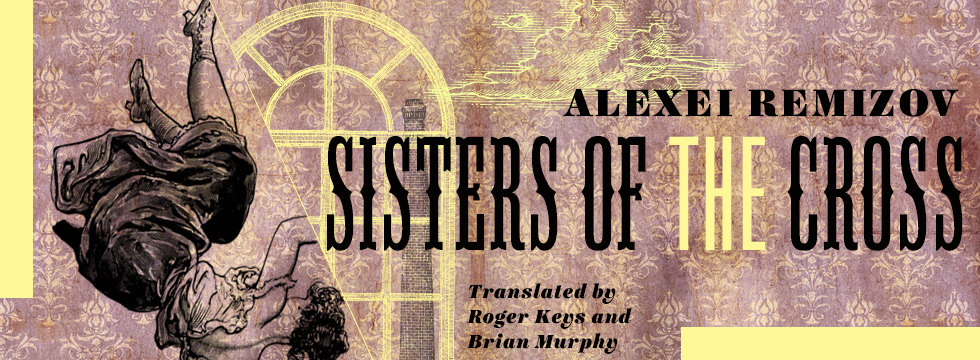C. Wright Mills Today
“Is there a place for critical knowledge that is not useful to the prevailing powers? Is there a place for the intellectual who is not in uniform?”—Stanley Aronowitz
In Taking It Big: C. Wright Mills and the Making of Political Intellectuals, Stanley Aronowitz charts the shifts in Mills’s reputation among sociologists, theorists, activists, and American readers. His works such as White Collar, The Power Elite, and The Sociological Imagination found a large audience when they were first published but until very recently had faded somewhat particularly among academics.
While championed by the New Left, many fellow intellectuals and academics were not necessarily so enthusiastic about his work in part because it refused to hew along strict ideological or political lines. In the book’s afterword, Stanley Aronowitz considers what C. Wright Mills means for today:
The enduring legacy of C. Wright Mills relies not on a set of propositions that could be said to hold true for our time. No less than any other theorist, Mills was first and foremost a student of his own time. We live in an era, for example, when once-arrogant industrial corporations such as General Motors and General Electric have yielded their erstwhile sovereignty to finance capital, which has exerted its power more directly than any time since the postbellum Gilded Age. We are also in the midst of a massive shift of global economic power, which, over time, may lead to new arrangements. With only a few exceptions, notably Colombia, Latin America is moving away from the United States’ sphere of influence toward Europe and China. It is not unlikely that, as [Paul] Krugman has observed on a number of occasions, the United States is increasingly a bystander in many of these new features of global relations, especially in the control over natural resources.
Yet Mills’s invocation to study power in all of its dimensions and to ask what a new society based on principles of economic and social equality would look like endures as an unfinished and neglected series of tasks…. His refusal to collaborate in the substance of his intellectual endeavors with the powers that be is surely an example that, although difficult to follow because the state and some major corporate foundations still pay the bulk of the research bills, should become an object of inquiry. The question is: what are the consequences of sciences that have, almost universally, become technosciences? Is there a place for critical knowledge that is not useful to the prevailing powers? Is there a place for the intellectual who is not in uniform?
What could Mills have meant by the phrase “overdeveloped capitalism”? Since there is little in his writings to provide an unambiguous answer, it may not be too presumptuous to speculate. We have already seen that Mills was acutely critical of consumer society and its vast accumulation of junk well beyond the necessities of life. As ecologists never cease to remind us, our romance with many of the adult toys which litter everyday life, many made of paper, plastic, and metal, have dire consequences for the survival of our species—and many others as well. The average working-class and middle-class household accumulates vast quantities of things they don’t need and rarely use. Even as millions around the world, including in the United States and other technologically developed societies, lack adequate heat, many homes are overheated, thereby squandering precious and increasingly scarce energy resources. In the wake of periodic oil crises, many still ride around in SUVs and other heavy, gas-guzzling vehicles as if oil supplies were bottomless. Our acquiescence to the military-industrial complex’s production and consumption of huge arsenals of weapons we don’t use and that invariably end up in junk heaps absorbs much of our taxes and heavily contributes to the national debt. All of this has occupied a tiny fraction of social investigators, while the ecological discourse grows beyond the social sciences. While, from the perspective of the developing world and the domestic poor, concern with overdevelopment seems a peculiar and insensitive preoccupation, Mills’s invocation of the concept should be understood as a part of his abiding ethic of equality, the essence of socialism rather than an ascetic admonition.
Finally, we require an adequate theoretical discourse on the history and the role of intellectuals that goes beyond calls for them to go public. What Mills means by “intellectuals” departs from the popular understanding that conflates them with the tired idea of the ivory tower to describe the institutions of higher learning or that locates them exclusively in science and the arts. As early as 1950, Mills had drawn attention to the wider connotation of the concept of the intellectual. White Collar contains a chapter on “Brains, Inc.,” a pioneering discussion of the ways in which corporations have employed intellectual labor. The intellect in our society is for Mills coincident with those whose work is the manipulation of symbols and signs rather than material things. It includes what more recently has been termed all forms of “immaterial” and “emotional” labor. Regardless of the different terms, Mills was among the first to point to the ubiquity of intellectual labor in the production of contemporary life. His argument that a new Left would consist of intellectual workers was based on his reading of the technological, ideological, and organizational transformation of capitalism that emerged after World War I and matured during World War II and the subsequent rise of the social welfare state. Although some Italian and French writers, notably Andre Gorz, Serge Mallet, Tony Negri, and Paulo Virno have pursued and extended this line of inquiry to a more focused discussion of socialist strategy, most social sciences are either stuck in the past or are too busy advising the state and the large corporations to ask the key social question: who and where are the agents of social change? Mills never stopped asking.


